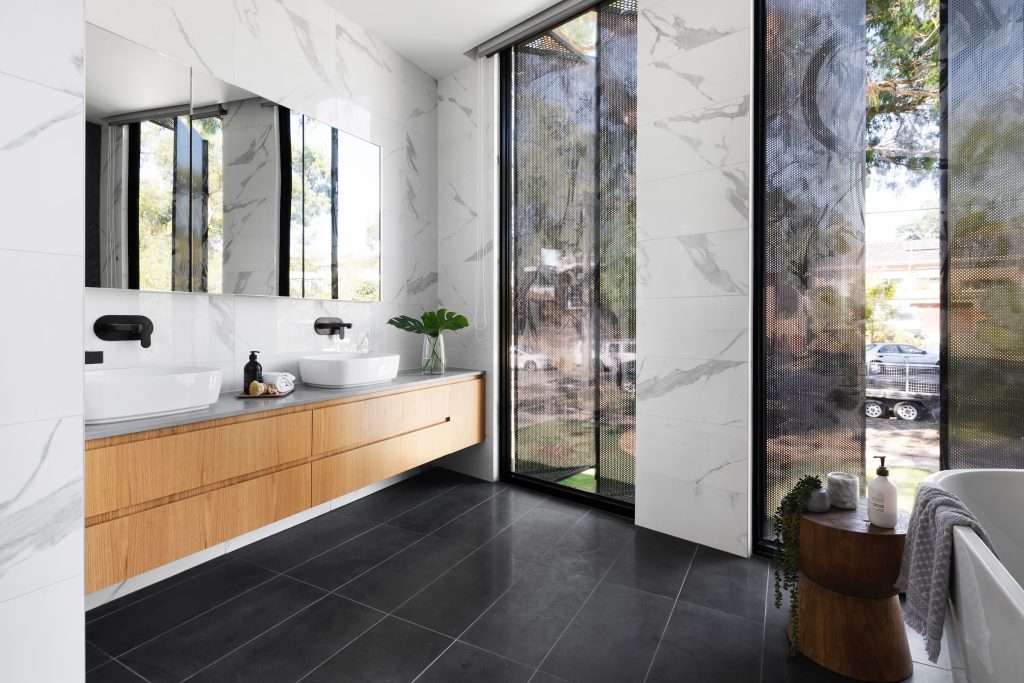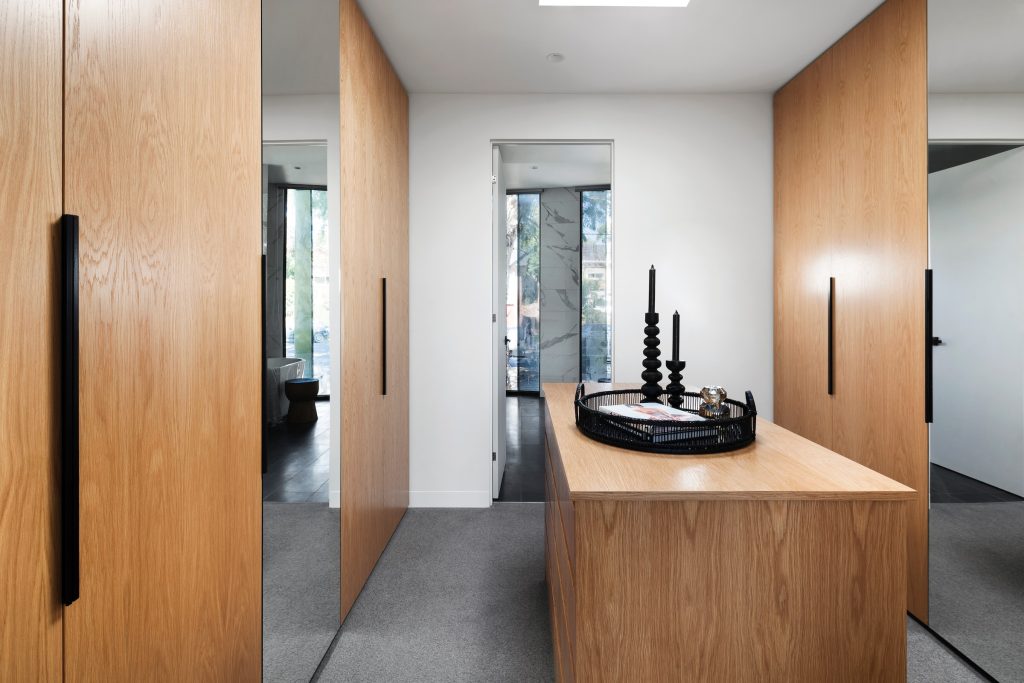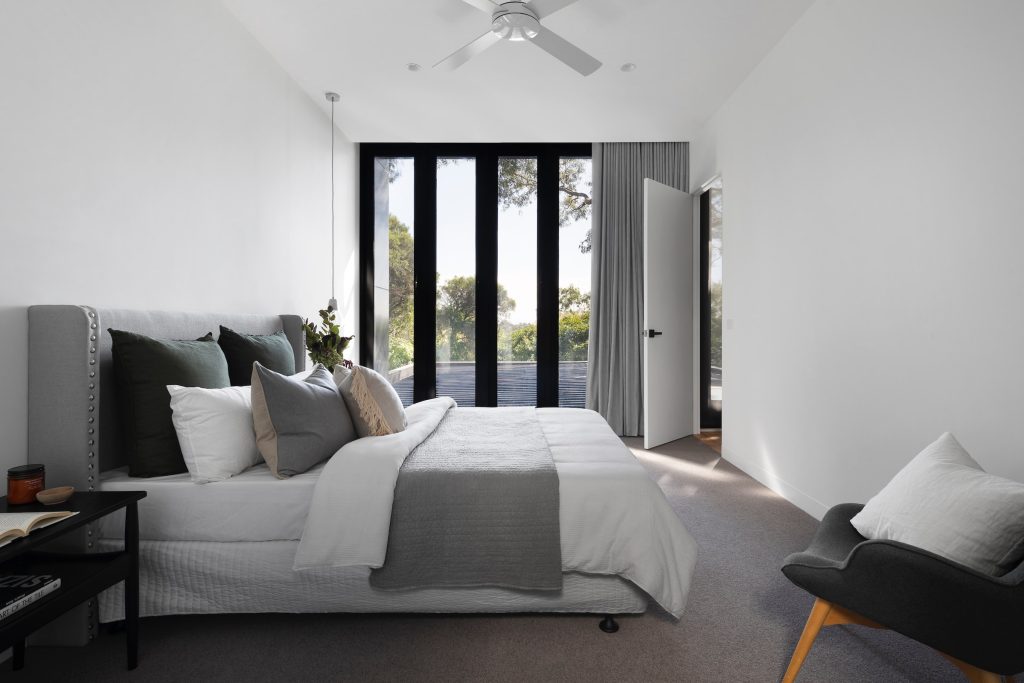Misconceptions about building
The most common misconceptions about building a custom home.
Are you on the fence about building a bespoke custom home because your concerned about something you've been told? Maybe a friend or family member has warned you of some potential risks and you're not sure what to believe. There are a lot of common misconceptions about building a custom home so we've put together this guide to help dispel some of them for you.
Whilst all concerns are valid, let's set the record straight so you can make an informed decision on whether building a bespoke custom home is right for you.
Misconception #1 : There are no fixed price contracts
The idea that there are no fixed price contracts when building a bespoke custom home is completely false. With that said, we can help explain where this misconception comes from. When opting to build a custom home, there are a lot of factors and decisions that need to accounted for, specifically selections of fixtures, fittings and finishes. It's very common for home-owners looking to build a custom home, not to have all of their selections made prior to the preparation of a quote and the building contract. In the event selections are not finalized, they will be added to the contract as prime cost items. Larger items such as joinery may be included in the contract as a provisional sum allowance in the event your architect has not finalized your joinery drawings and specified all the finishes required. A provisional sum is similar to a prime cost, though it allows for labour as well as the supply of goods. We'll summarise below how prime cost items and provisional sum allowances work.
Prime Cost - Example
When a contract is being prepared, if you haven't confirmed your selection for appliances, baths, toilets or tapware etc an allowance will be added to the contract in the form of a prime cost. This is because prices can vary quite significantly with selections and the builder cannot confirm a fixed price without having to quote high in order to protect themselves from taking a loss. The builder will make reasonable allowances to ensure the supply of each item can be made. Once the contract is signed, you will be asked to make selections and once confirmed, a building variation will be raised and issued to reconcile the actual cost vs the contract allowance. If the actual cost is higher than the allowance, the difference plus the agreed builders margin will be raised in a variation for approval. Likewise, if the actual cost is lower than the allowance, a credit will be provided.
Provisional Sum - Example
When the contract is being prepared, if you haven't confirmed major items such as joinery, the builder will make a reasonable allowance in the contract in the form of a provisional sum. Post contract signing, joinery drawings will likely be prepared by the builders contractor and you'll have an opportunity to review, make changes and confirm finishes. Once finalised, the joinery contractor will quote the supply and installation of your project works and the builder will raise and issue a building variation to reconcile the costs. If the actual cost is higher than the allowance, the difference plus the agreed builders margin will be raised in a variation for approval. Likewise, if the actual cost is lower than the allowance, a credit will be provided.

Misconception #2 : It's more expensive to build a custom home
The terms 'custom' and 'cheap' rarely go hand in hand, however, you can build a bespoke custom home without blowing your budget. The best way to do this is to have an open dialogue with your architect and builder about what your budget is and let them help you design a custom home that aligns with your vision and budget.
Getting your builder involved early is the best way to control unexpected cost blow outs during the design process. It's pointless paying an architect to design your dream home if you can't afford to build it. Having your architect and builder collaborate together during the early stages if certainly recommended. Clients often approach us with their newly completed plans with little to no understanding of the cost of construction, only to discover their budget can't accommodate their extravagant plans. Because of this, we strongly advise that our clients engage us prior to and during the design process.
At Built By Guest, we have the unique ability to accurately estimate projects at a very early stage, so it's well worth getting in touch with us so you don't have any unexpected cost blow outs when designing your new home.
Misconception #3 : It takes longer to build a custom home
The idea that it takes longer to build a custom home is true, though it is for good reason and might not take as long as you'd expect. Building timeframes will always vary from one project to another, usually because of the complexity of the design but you can typically expect the design phase for a bespoke custom home to take around 6 months, followed by the construction period which on average lasts 9-12 months. Another thing to consider is the time it takes to obtain planning approval and a building permit.
Detail does take time but if you get it right early on, your builder should be able to adhere to an agreed timeline. The most common reason for a construction schedule blowout is a client requesting last-minute changes or variation requests. If you avoid making changes to your plans during construction, it makes the build a more streamlined process and you'll be taking possession before you know it.
At Built By Guest, we work closely with our clients through the initial design phase and then through the construction period of their home. We help you make informed decisions and ensure you have enough time to carefully consider each step. Be sure to get in touch with us to find out more.

Misconception #4 : I need to be more involved in the process
When building a custom home, your level of involvement is really up to your discretion. You could have an architect confirm all of the design details but why would you want to. The best thing about designing and building a bespoke custom home is the ability to tailor it to your specific needs and style. The more effort you put in during the design phase, the less you'll need to involved during construction. Making selections prior to construction will also dramatically reduce the need for your involvement during the build process. That said, you make the selection process a lot easier by engaging an interior designer to assist. Your builder will likely offer interior design as a service so be sure to ask them if this is something that interests you.
Misconception #5 : It's harder to get plans approved
On the contrary, it's arguably easier to get the plans for your bespoke custom home approved. Your architect should be well informed with local planning requirements and building regulations so they will factor these things in during the design process. Compare that to an off-the-plan or spec home builder and your left hoping their generic design will suit your local planning requirements. We find many clients choose to build a custom home because they don't want their home to be the same floor plan and facade as many of their neighbours. When going to all this effort, it's rewarding to have a one-of-a-kind home.

Misconception #6 : Builders won't want to work with my Architect
We can't speak for all builders, but at Built By Guest we value the advantages of builder and architect collaboration. It's in everyone's best interest to work together and certainly makes the design and construct process a lot easier. To ensure your builder will work with your architect, we recommend getting the builder involved early on. If they actively contribute to the design process, you can safely assume the build process will go well and sign a building contract with piece of mind.
Anything else you're concerned about?
There's never a silly question when it comes to building a custom home so if you have any concerns about anything else, we invite you to get in touch with the team at Built By Guest as we're are always happy to answer any questions and dispel any misconceptions about building.
